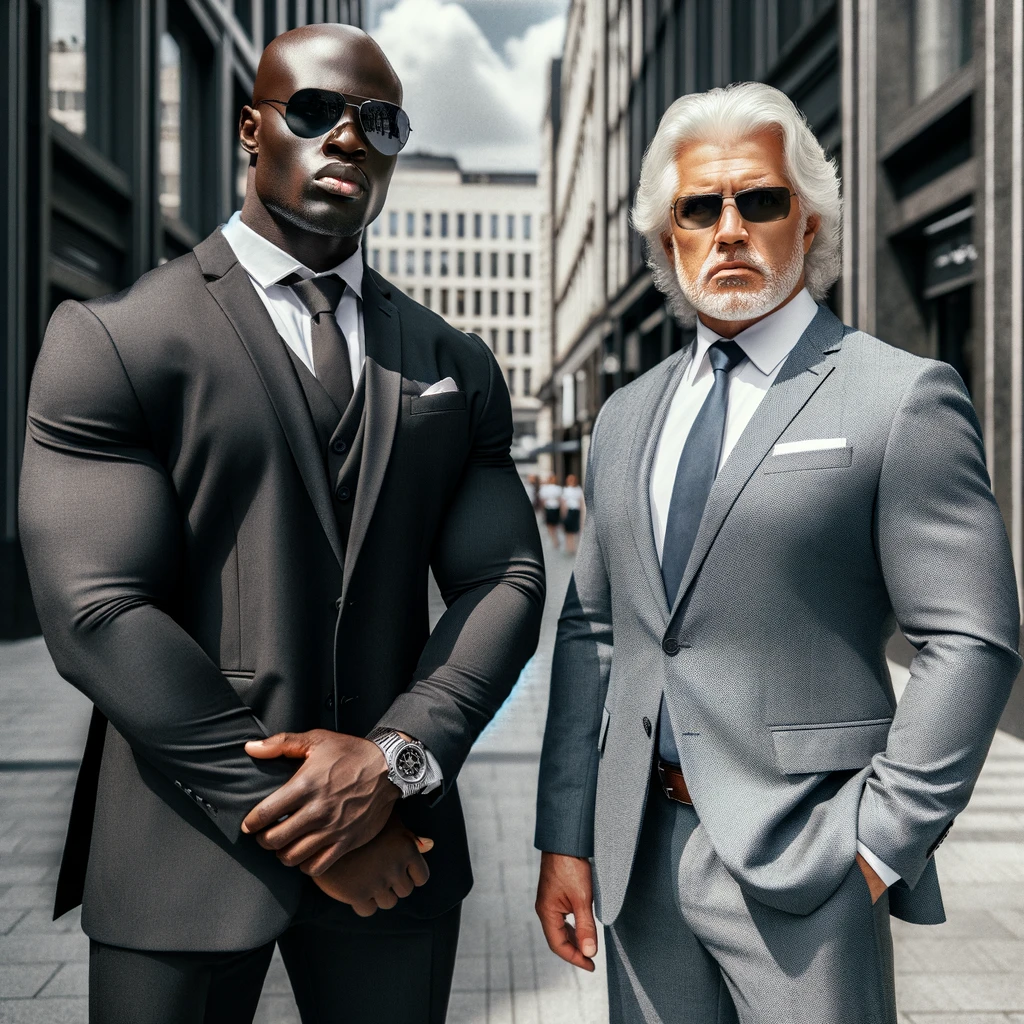
Breaking Into Executive Protection
As a former bodyguard for the artist Prince, I often encounter individuals eager to embark on a career in executive protection.
They typically seek advice on breaking into this exclusive field, especially when their backgrounds don’t include the often-preferred law enforcement or military experience. Drawing from my own experiences and the insights I’ve gathered over the years, here’s how to navigate the challenging yet rewarding path of executive protection.
The journey begins after you complete your training and are on the cusp of entering the field. Imagine receiving that first call for an assignment, and you’re asked to detail your background.
Mentioning a history in law enforcement or the military undoubtedly places you ahead, given the high regard for such experience in our industry. However, the real challenge arises for those who lack these “golden” credentials.
The question then becomes: How do you compete? And more importantly, how do you gain relevant experience when seemingly overlooked due to a lack of it?
Not everyone will stumble upon a once-in-a-lifetime job opportunity that bypasses these hurdles. For the majority, it’s about strategically building the necessary credentials to become a top candidate for close protection roles.
Many owners of protection companies concur that while formal training is beneficial, what truly counts is the ability to apply learned skills in real-world situations.
To navigate this, consider roles within companies that, while not directly offering executive protection positions, can serve as stepping stones toward your ultimate goal.
Positions in uniform divisions, for instance, can offer an entry point into the private security industry. Working in loss prevention for retail stores is another valuable experience that provides insights into the broader aspects of security and surveillance.
If you aim to join a specific corporation’s executive protection team but are advised to gain more experience, explore opportunities such as serving as an executive assistant. Such roles can provide a unique perspective on high-level executives’ inner workings and security needs.
Remember, in this industry, your reputation is your most valuable asset. It can either propel you forward or halt your progress entirely. Maintaining integrity, professionalism, and a willingness to go above and beyond in any role you undertake—be it as a uniformed security officer, a loss prevention specialist, or in more specialized positions.
Demonstrating that you’re a reliable, capable, and adaptable professional will set you apart and pave the way for a successful career in executive protection. In essence, strive to be an asset in every capacity, enhancing your value and opening doors to opportunities in the executive protection realm.
For those looking to enhance their career in executive protection, the following resources may be invaluable:











